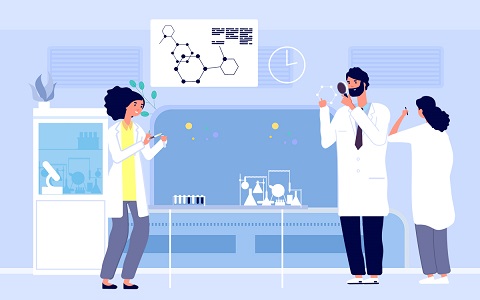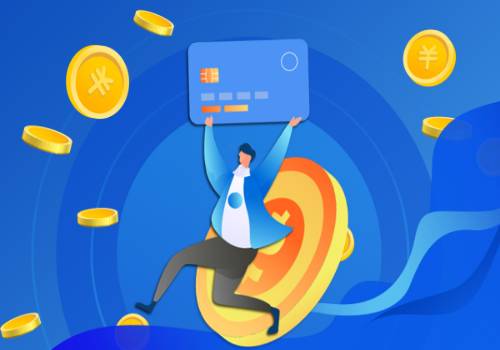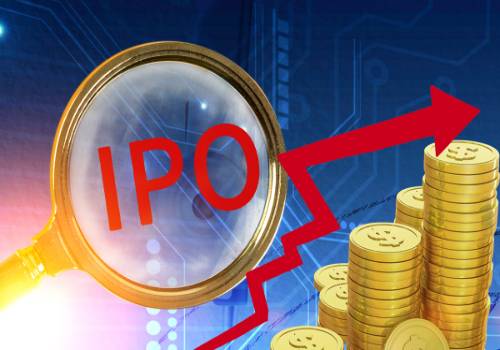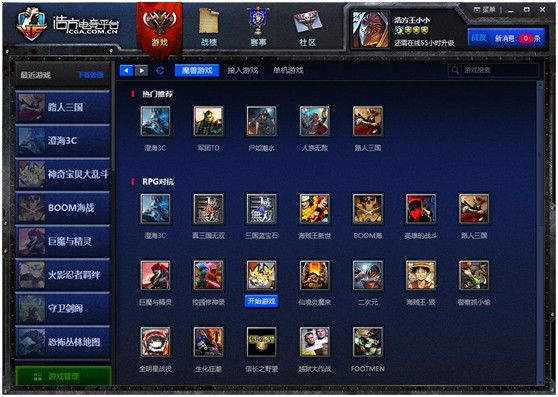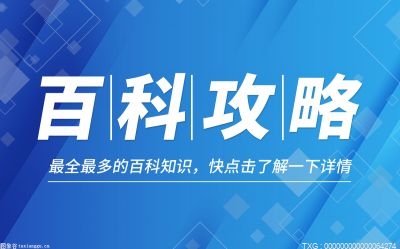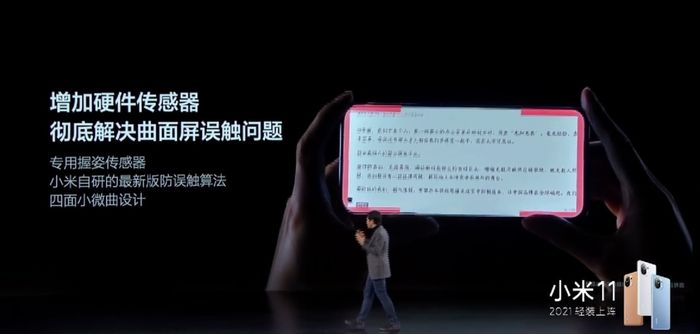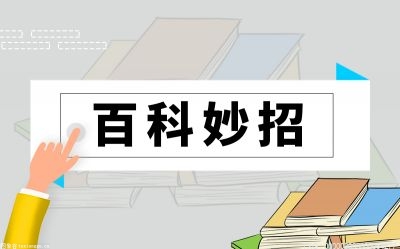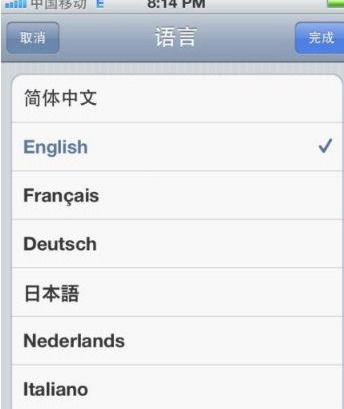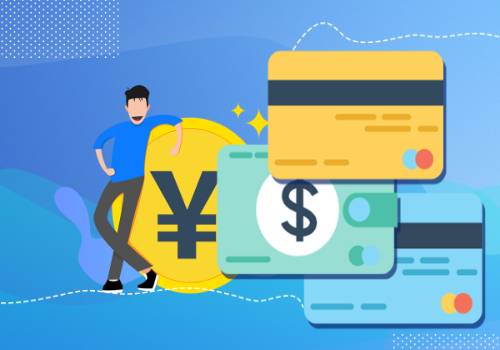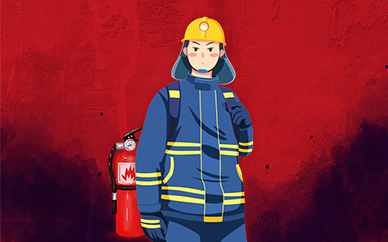Image source: China Visual
BEIJING, February 10 (TMTPOST) -- With a history stretching back thousands of years, the Chinese nation has fostered a splendid culture. However, whether the culture becomes a solid foundation for the nation to build on or a heavy burden to carry depends their attitude towards technologies.
Last night, a renowned scholar commented in a WeChat group that the China-U.S. decoupling is “not a big deal at all.” He argued that the decoupling would force China to achieve scientific advancements on its own. Such an opinion is often heard not just in WeChat groups. Some experts concurred in public. Many say it is their loss if they give up a market as big as China.
 (资料图)
(资料图)
Such comments would lead to division and even polarization in many WeChat groups. Nowadays, even a small topic can generate diametrically opposing views. The tolerance of different opinions is a hallmark of an adult or a mature society. However, as more and more people get extremely complacent and become the majority of the society, that is worrying situation.
Today I exited that chat group quietly because such a quarrel was pointless. With the emergence of new exciting technologies in a fast pace in the world, we are still debating long-established facts like whether the Earth is flat or not.
My lament risks being attacked verbally by many. But as a seasoned technology and business observer, I am now both excited and worried. The world is on the verge of another AI technology explosion, which will disrupt various sectors, even the rules of the game between countries. We cannot afford to indulge ourselves in ever-growing complacency.
Subscribers to TMTPost or TMTPost App users may feel the same way. Last year, innovations in the West seemed to explode. I often received inquiries from our readers: is the report on this U.S. technology true? How about another one? Why did this U.S. stock surge? What is the business model of that company? We began to notice more and more incomprehensible changes.
Last year, I told some friends that two game-changing events in the AI field occurred quietly in the world as China was consumed by debates relating to Covid-19. They were ignored by the general public in China, with the exception of the academia.
One event is that DeepMind Technologies, a London-based artificial intelligence subsidiary of U.S.-based Alphabet Inc., published a paper in Nature in July 2021, which provided an overview of AlphaFold2 and made the source code for AlphaFold2 accessible to all. With AlphaFold2, a deep learning system, the three-dimensional shape of a protein can be predicted accurately. This is widely seen as a milestone in the AI field that reshapes life science.
Shi Yigong, a Chinese biophysicist specializing in the fields of protein X-ray crystallography and RNA splicing, says that AlphaFold2 is the “biggest contribution” AI has made to scientific research and also one of the most important breakthroughs achieved by mankind in the 21 century.
The other development was ChatGPT. In early December 2022, U.S-based OpenAI unveiled ChatGPT, leaving millions of people amazed. In less than two months, an unprecedented number of ChatGPT-style chatbots were introduced in the world’s largest open-source developer community GitHub. ChatGTP is a real game changer after years of lackluster progress in the AI filed.
Actually in 2021, a user used OpenAI’s GPT-3 model to “resuscitate” his wife by engaging a conversation with her on the Internet. Although OpenAI quickly banned the application, the power of the technology was impressive.
In late December 2022, ChatGPT based on GPT-3.5 was unveiled, which immediately became the talk of the town. In two months, it attracted 100 million monthly active users, setting a record for the pace of acquiring users.
Zheng Hongjiang delivered a speech on ChatGPT during TMTPost’s T-EDGE Conference (Regarding ChatGPT’s Super Popularity, Zhang Hongjiang’s Talk Gives a Thorough Analysis: Large Language Models Become a Reflection Point for AI) , predicting that the application would become incredibly popular.
What is AI? What is deep learning? In the previous wave of the AI popularization, many believed AlphaGo was AI and facial recognition used in many scenarios was AI… China experienced a wave of startups which specialized in facial recognition and image recognition. A few Chinese startups were listed in U.S. stock exchanges. We feel that there is not a big gap between AI technologies in China and those in the outside world. We even suspect that we are leading the world.
But it is just an illusion.
It is understandable that some accomplishments have made us confident. But when we get complacent, we risk losing that the spirit of innovation that pervaded in the Internet and technology circles in China. Of course, there are many reasons for the lack of innovations but the reality was that we also lost the momentum for hot rivalry.
After a wave of technological innovations in the AI field, China has entered a lull in the past few years. Theories like “technological stagnation” emerged. However, it just slowed in China, not in the West. In a few years, the United States has outstripped China under the radar.
The innovators are startups, venture capital companies, the academia and publicly-traded giants. It seems that China is just a few years behind. Actually it is a gap of many years, in terms of scientists, researchers and data accumulation.
Finally many of us suddenly realize that ChatGPT is a landmark event in AI: they have graduated from the elementary school while we are still telling a funny story in a kindergarten.
Despite the poor performance of an overwhelming majority of semiconductor companies in stock markets, Nvidia still soared. Why?Because it has a deep moat in terms of technologies. Where are those Chinese companies that claimed to be an archrival of Nvidia?
Therefore I often say that those who look at technological concepts without understanding their underlying logics are doomed to be slaughtered.
If we still do not recognize the huge gap between China and the United States in terms of innovation and technologies, we will continue to make no progress.
Another article published on TMTPost App recently also drew attention from many readers: Will Damus Bring About Another Social Media Revolution? TMTPost In-Depth. Two days after the article was published, Damus, a decentralized social media platform that is based on Web 3.0 technologies, has made the list of top 10 free social media apps in App Store in the United States. Its downloads have surpassed Signal, WeChat and Line among many others. Damus’s founder Jack Dorsey is also a co-founder of Twitter.
Google now faces a challenge from Microsoft on a new generation of search engines. ChatGPT is a game changer to the search engine; in the field of Web 3.0, Damus has brought about disruptive innovations in social media. However, none of these emerging technologies was born in China, and none of these companies are Chinese companies. We even start to copy slowly in what we used to be best at.
Looking ahead, autonomous driving, education, and health care are likely to be greatly changed by ChatGPT and Web 3.0, and of course the media and information service industries where I work in. Web 3.0 is the World Wide Web that incorporates concepts such asdecentralization, blockchain technologies, andtoken-based economics.
OpenAI has recently also gone viral because of ChatGPT. Some people say that Musk sold it to Microsoft in a misstep, which was a windfall to Microsoft. But I believe that maybe that"s not the case. OpenAI wanted to define itself as a non-profit organization from the beginning. But the basic research and development of the technology requires a lot of upfront financial support. Whether it is the angel investor Musk or the current owner Microsoft, they are both important players in a relay race that pushes technological development and change forward.
OpenAI and Microsoft signed an agreement that seemed strange and different from any other one:
Microsoft invested $13 billion in OpenAI and holds about 49% of its shares. Microsoft is entitled to 75% of its profits until it recovers $13 billion investment. After that, the profit sharing percentage gradually decreases; As OpenAI’s profit reaches $92 billion, the ratio will be reduced to 49%; when it reaches $150 billion, shareholders will unconditionally transfer their shares to the OpenAI Foundation, and the company will become a non-profit organization at that time.
Ultimately, OpenAI will follow its original values and become a non-profit organization.
The open source model in technology has always been like this. It has nothing to do with politics. It is a group of scientists and engineers who believe that technology has no borders. Why did ChatGPT has an open API? And why did DeepMind share source code of AlphaFold 2 to benefit the entire life science community? These precedents and the trend of being open and sharing make those who are still debating "whether being closed can bring us some benefits" so ironic.
There should be the consensus among us - closed minds and complacency won"t work. Only when scientific and technology talents and companies go abroad and communicate with international counterparts, can there be a bright future for our technology.
Admitting our weaknesses, being humble, seeking advice, pursuing open-minded non-governmental exchanges are not as hard as we imaged. These are things we can actually do. The hard parts are patience and perseverance of countless researchers and investors in the field. Everyone must work together to create a more inclusive environment that allows trials and errors. In such an environment, people can be inspired to be more imaginative and creative, and to generate more new ideas, allowing more innovators to follow.
The hare that seems sure to win can lose in the end while a tortoise that is hopeless in the beginning may win eventually. This is also the case in the field of technology. There is no shame in admitting that you are a slow tortoise in a race. However, it is ridiculous to be a tortoise in the well and laugh at a frog sitting next to it. Being complacent is not productive at all.
Let"s stop the pointless argument. Talk less and do more. Dwelling on what has been achieved in the past leads us nowhere, because in technology, only the next one matters.


